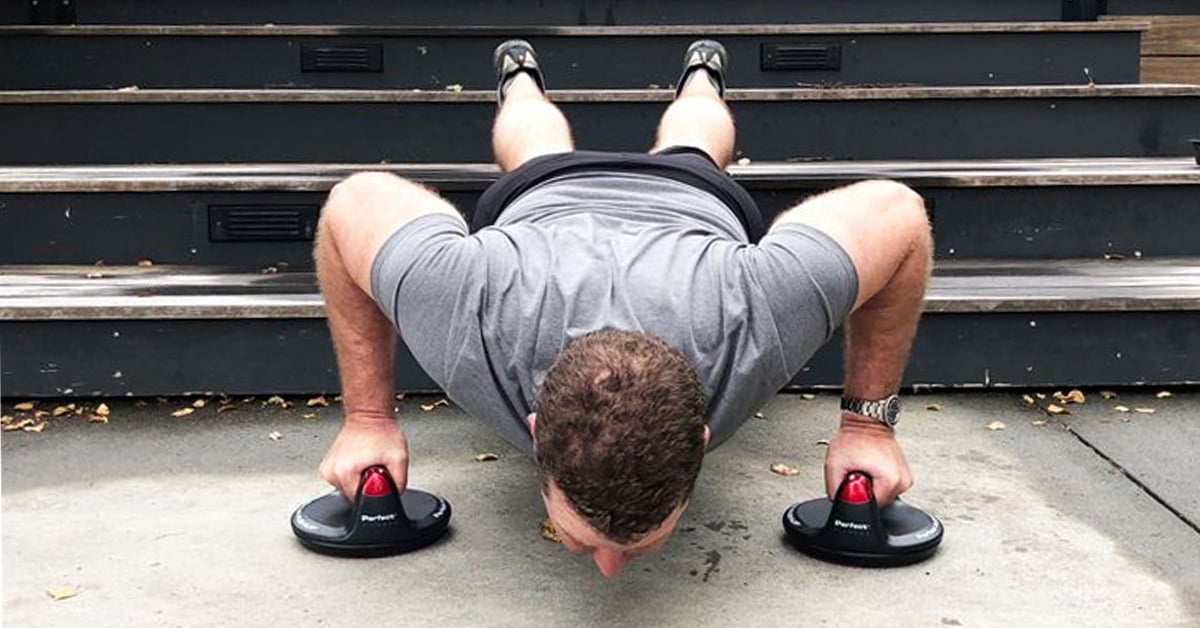Success and positivity are frequently experienced as unnatural states of being, particularly under adverse conditions and stressful situations, as our reflexive attitude and response is hard-wired in favor of survival instead of risk-taking and thriving.
Leaving the Harbor of Safety
Once we venture outside our comfort zones, leave the harbor of safety, sail into uncharted waters, and discover new abilities and outcomes, our need for safety and security still can act like currents and tides that slow our progress forward or even pull us backwards. Novice sailors can fall into at least two camps: the brash ones that forge ahead without the judgment and preparation to know what to do when the wind and waves get higher, and those who lack confidence to leave safe harbor and gain experience to reach more challenging destinations. In either case, ships can be ruined and dreams can be broken or put on the shelf indefinitely.
Pivoting is Not Quitting
Experienced sailors who overcome obstacles to reach their over-the-horizon goals recognize that there are a lot of interrelated actions and moving parts involved in crossing the ocean and reaching their destinations. Some strategies will work better than others, particularly when conditions are changing around you. In a typical sailing voyage across the ocean, it’s common to “tack” or pivot onto another course to continue on to your goal. Pivoting is not quitting, but it’s how you proactively correct for the wind, weather, and geography—aka, things beyond your control.
Create Your Own Wind
In sailing, there is a phenomenon called the “apparent wind,” which is the wind we feel and experience when we are in motion. It’s a combination of the true wind that blows over land and sea and the wind created by our moving forward. A boat in motion “makes its own wind,” and takes advantage of the apparent wind to sail faster than the true wind. As your boat picks up speed, you will experience a change in both the intensity and direction of the wind. Have you ever been met with resistance from other people or had to struggle against internal demons of doubt when starting out on a new course of action?—It’s not necessarily a bad sign.
Resistance is Not Futile
Creating your own wind in sailing is similar to working out at the gym to build muscle and gain strength and endurance. Resistance is necessary to properly workout and strengthen your musculoskeletal and cardiovascular systems. The intellectual and emotional equivalents to working out in the gym focus on gaining knowledge, building confidence, practicing positivity, and stepping out of your comfort zones to learn new habits and experience different outcomes. These activities may not feel natural at first, but get easier with practice and bring forth greater results over time. When trying something new, choose a low-risk undertaking at first, where the consequences of failure are minimal. Gradually, challenge yourself to take bigger steps as you gain experience, and let your momentum “create your own wind” to help you sail faster toward your goals.
More Resources and Courses
Check out our Resources and Courses to develop the mindset and actions required to thrive and accomplish more than you originally thought possible.





